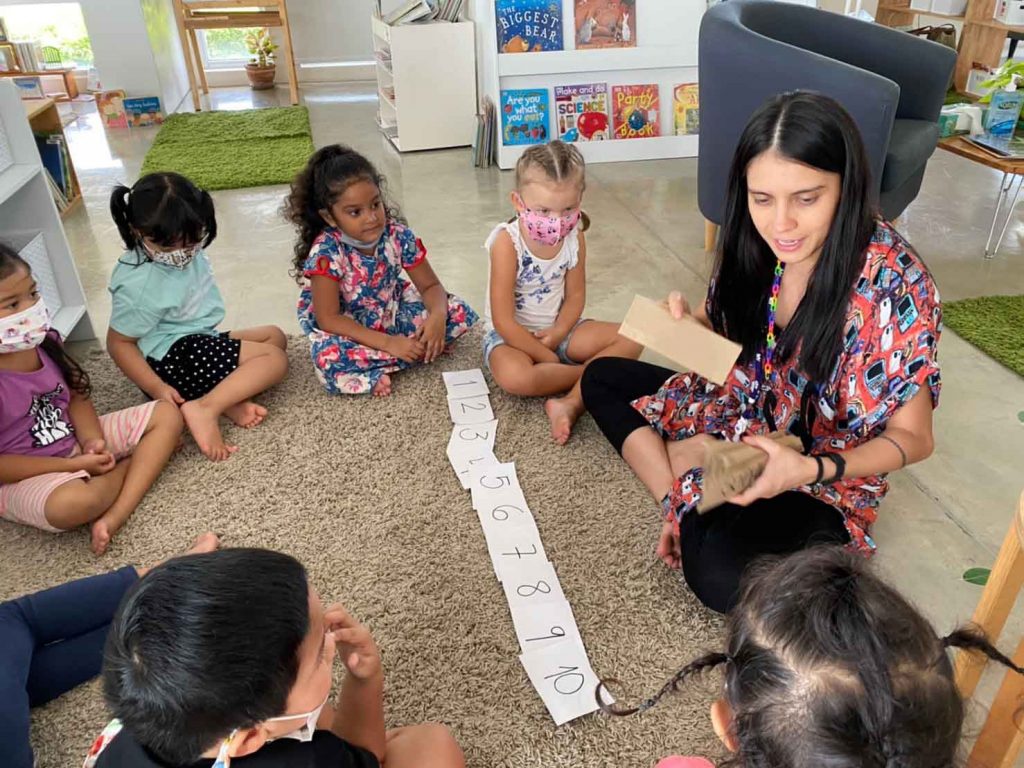In This Section

“If you talk to a man in a language he understands, that goes to his head. If you talk to him in his language, that goes to his heart.” – Nelson Mandela
What Research Says
The “home language” refers to the first language a child learns at home. Research tells us that the development of a child’s first language is connected to the acquisition of the second language. The skills acquired in the first language are transferred to the second language. If children fail to reach competency in their first language, they will struggle learning a second language.
Use of the Home Language
Although English is the language of inclusion at MYIS International School, we encourage the use of the home language at school when necessary. Each child’s home language is respected and valued. The use of the home language is extremely important for gaining a deeper understanding of concepts. It is important that children are able to communicate his or her understanding and learning no matter what language is used.
What to do at Home
At home, families should be encouraged to communicate with their children in their first language. Parents should make sure their children have access to literature and children’s books in their home language. Conversations should be devoted to discussing deep concepts and complex vocabulary in the home language. Children should also gain exposure to the mother tongue through play dates, language lessons and vacations that allow for immersion in the home language.